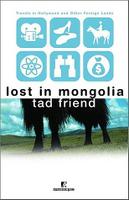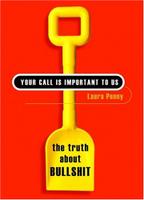
Some years ago,
Tad Friend wrote a brilliant, hilarious, and infuriating piece for the
New Yorker about Aaron Sorkin's heroic efforts to talk ABC out of imposing a laugh track on his then-new TV show
Sports Night. Sorkin, God bless him, was persistent and finally won a partial victory. Partial because ABC agreed to withhold some, but not all, "sweeteners," as laugh tracks are called in the industry, from the show. Still, it was an important victory for the talent over the suits, and it earned Sorkin a spot on my Inspirational Americans list a year before he started
West Wing. You see, laugh tracks enrage me so much I never watch a TV show that has them. The
Seinfeld phenomenon passed me by because the show was laugh-track polluted. Why get so worked up about this? you may wonder. Well, for openers, I don't like to be insulted, and I doubt you do, either. Network executives quoted in Friend's article insisted that people watching television wouldn't know when to laugh without the laugh track. Is that so? Well, I find it pretty easy to laugh when something strikes me as funny, and I can actually break out laughing without prompts of any kind, surprising as that may be to the arrogant morons who control TV sitcoms. Think of it--these clowns think viewers are
so fucking stupid that we wouldn't know to laugh unless they told us when we should. Toward the end of the
New Yorker article, Friend unveiled a great quote from Sorkin, who said that adding a laugh track to
Sports Night "feels like I've put on an Armani tuxedo, tied my tie, snapped on my cuff links, and the last thing I do before I leave the house is spray Cheez Whiz all over myself." Now,
that's funny. HAHAHAHAHAHAHA.





